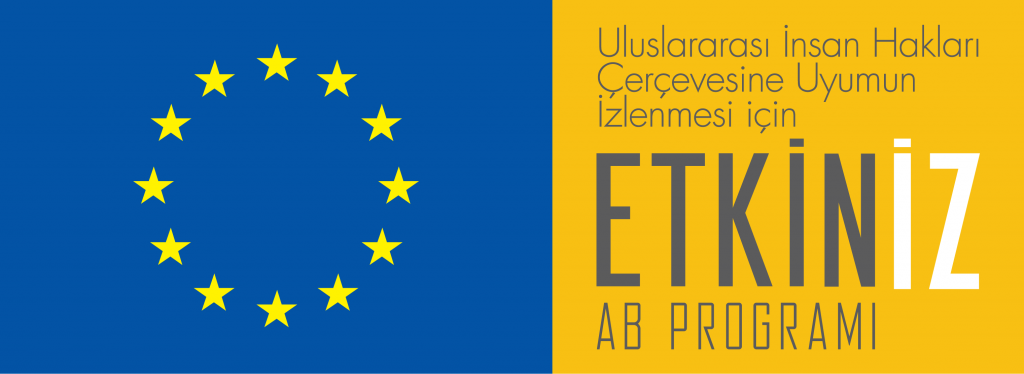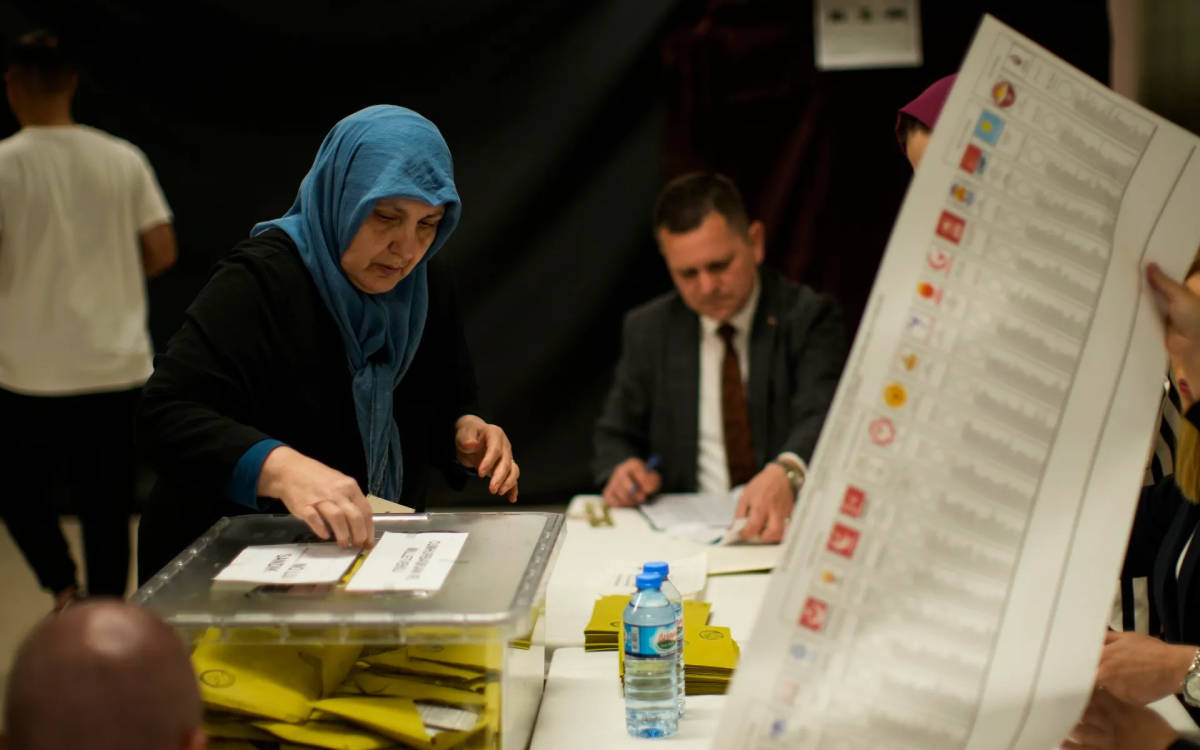Click to read the article in Turkish
The prime-time news in three leading TV channels and the posts on Twitter in the period of the 2023 presidential and parliamentary elections in Turkey have been analyzed in a new study.
The study covering the news bulletins at ATV, Halk TV, and Habertürk TV channels and the Twitter posts between April 24 - May 28 shows that not discussions on solutions to social problems, but polarization marked the debates.
The first results of the study that bianet carries out in the scope of the Etkiniz EU Program show that proposals for solutions to gender inequalities, poverty, the problems of the disabled or other sections of society subjected to discrimination did not stand out and that the news during the elections centered mostly on three presidential candidates.
The prime-time news on ATV Haber, Halk TV, and Habertürk between April 24 and May 28 and the Twitter posts in the country in the same period related to disadvantaged groups have been examined in the study using the Natural Language Processing (NLP) method. The data was analyzed using NLP, AI technology, and Summarify which is a tool used to analyze social media, supported by the Scientific and Technological Research Council of Turkey (Tübitak).
What Halk TV and ATV have in common
According to the first results of the study, ATV Haber and Halk TV are two TV channels that broadcast using a language engaged to a political party at similar rates. Habertürk on the other hand, is trying to preserve impartiality in its newscasts.
The most interesting thing about the prime-time news at ATV and HalkTV is that it is Kemal Kılıçdaroğlu who is most often mentioned in both.
The words that mostly follow Kılıçdaroğlu's name in Halk TV are "nation" "president" and "chairman," the most while president and chairperson of the Justice and Development Party (AKP) Recep Tayyip Erdoğan is mentioned fifth most often, and the words that most frequently follow Erdoğan's name are "candidate" "Sinan Oğan" and "people" the most.
Sinan Oğan's name is mentioned more often at HalkTV, especially after the first round of the presidential elections on May 14.
ATV mentions Kılıçdaroğlu the most, just like Halk TV but its agenda is different. Recep Tayyip Erdoğan is mentioned the second most. The words "president" "party" "terror" "HDP" "lira" and "CHP" follow.
The study shows that Halk TV mostly talks about Kılıçdaroğlu and the Nation Alliance, while in the ATV news Kılıçdaroğlu's name is mentioned usually together with the words "terror" and "HDP" which shows that the competing political parties and alliances are presented as linked to terrorism. On the other hand the word "lira" is usually used to tell about the increasing wages and pensions.
Habertürk spared time for the two presidential candidates in a more balanced manner and mentions more politicians in the news bulletins. Again this TV channel presents news on a wider range of issues, covering the developments in the US, Ukraine, etc.
Increase in offensive expressions
Again Habertürk is the channel among the three where there are the least number of offensive expressions. Although less frequent than on Twitter, offensive expressions are observed in the news on TV channels as well. ATV is, among the three TV channels, the one using the most offensive expressions in its bulletins.
When the emotional state in the news bulletins is studied, it can be seen that the offensiveness in the ATV news bulletins increase periodically and then come back to the former level. The offensive content in the Halk TV news bulletins is less than that in ATV and is seen in irregular intervals, unlike in ATV.
Again in this study, nearly 73 thousand sentences and nearly 320 thousand Twitter posts have been analyzed using keywords expressing disadvantaged groups.
The aim was to understand how far and in which context the LGBTI+ individuals, disadvantaged groups such as the disabled, and the sections of the society that face political discrimination on ethnic or religious grounds such as the Kurds, the Alewites, or the refugees have been discussed. While these groups were included, even if partially, in the election bulletins of the political parties and alliances, the promises the parties made for them were reflected in the news very little.
If you want to know how words are used in the news
A report will be published soon, including the results of the study. The monthly data set used for the analysis of the news bulletins of the three TV channels will be made available for all with an interface that Summarify prepares for bianet. So it will be possible to study which words have been used and in which context in the prime time news bulletins in the election period, and be an important set of data for researchers.
This study is being carried out in the scope of the Etkiniz EU Program with the financial support of the European Union. IPS Communication Foundation is responsible from the content of this study alon and the study does not reflect the views of the European Union in any way.

(GG/AS/PE)





.jpg)

